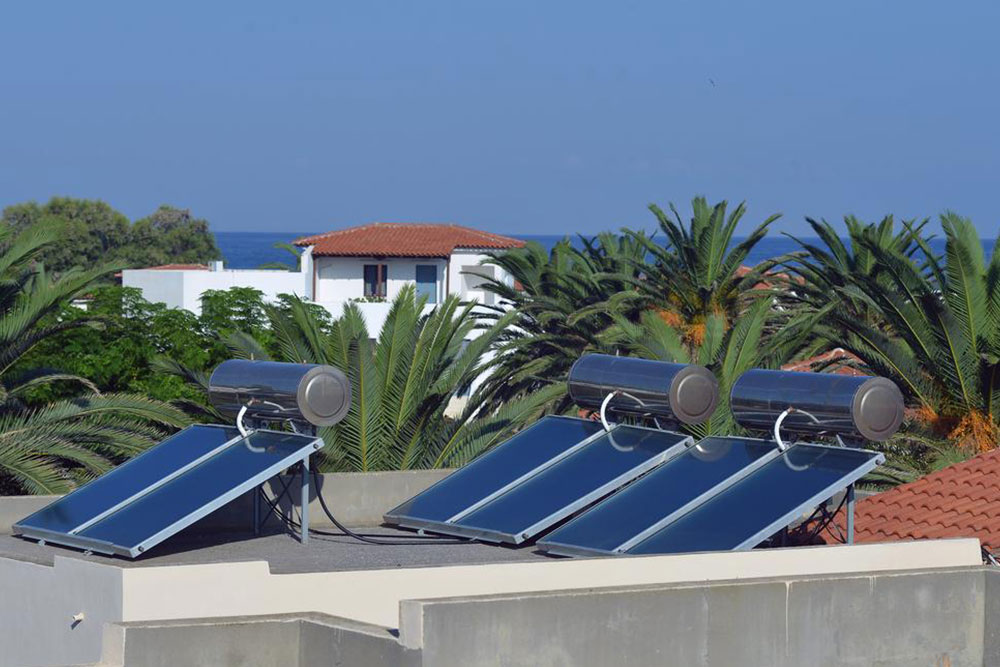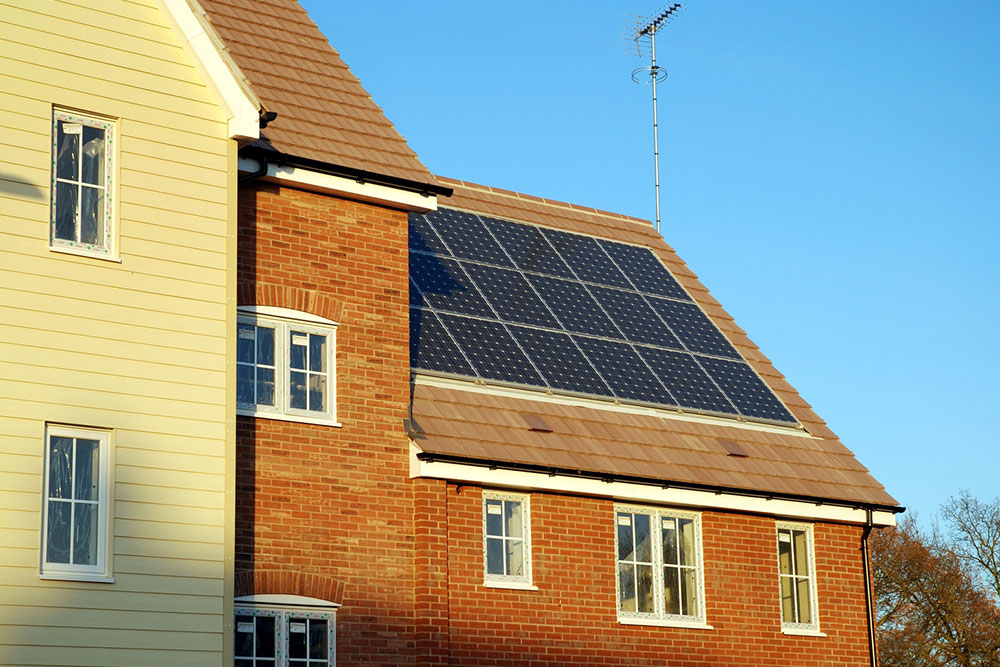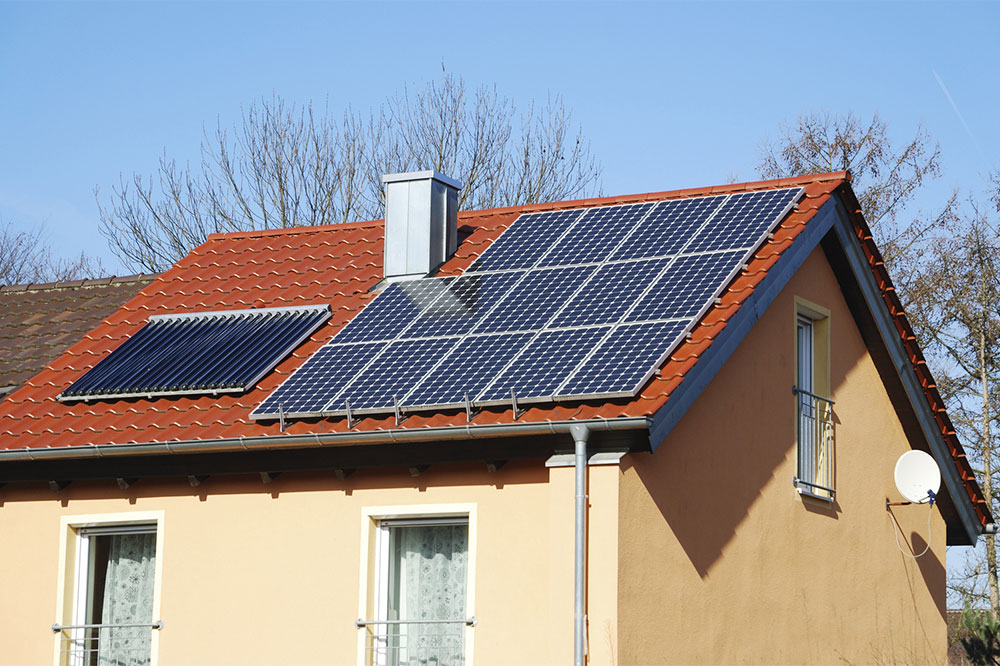Different Types of Solar Power Systems for Home Use
Explore the main types of residential solar panels, including monocrystalline, polycrystalline, and thin-film options. Understand their efficiency, costs, and suitability for different spaces to make an informed decision for your home solar system. Find trusted online platforms for comparison and purchase. Ensure you choose the right system based on your specific needs and space constraints for optimal energy savings.

Choosing the right solar power system for your home is essential for optimal energy efficiency. The main types include monocrystalline, polycrystalline, and thin-film panels, each with unique features and advantages.
Monocrystalline Solar Panels
Developed in the 1950s, monocrystalline panels are made from high-grade silicon sliced into cylindrical wafers. These modules are known for their high efficiency, reaching up to 21%, and their excellent performance in low-light conditions. Although more expensive, their compact size offers more power output per square foot, making them ideal for space-limited installations. Typically backed by 25-year warranties, they are durable and reliable but involve a more wasteful manufacturing process.
Polycrystalline Solar Panels
Polycrystalline panels are produced by pouring molten silicon into molds, resulting in a less wasteful manufacturing process. While they are more affordable and suitable for many residential setups, their efficiency is lower compared to monocrystalline panels. They require a larger area to generate the same power and generally have slightly shorter lifespans.
Thin-Film Solar Panels
Lightweight and flexible, thin-film panels are made by layering photovoltaic materials like amorphous silicon or organic compounds. They perform well under shading and are easy and affordable to produce. However, their efficiency is usually between 7% and 13%, necessitating more space for comparable power output. Thin-film modules are less durable, weather-sensitive, and tend to have shorter warranties, making them less suitable for spaces with limited area.
Several online platforms such as wholesalesolar.com, gogreensolar.com, and estimates.solar facilitate comparisons and purchases of these panel types. Before choosing a system, consider your space, budget, and energy needs.
Disclaimer: Our blog provides comprehensive and practical information across various topics. While we strive to offer accurate insights, readers should verify details independently, as data may vary across sources. We do not endorse specific schemes or offers that may sometimes be more beneficial than those discussed here.








